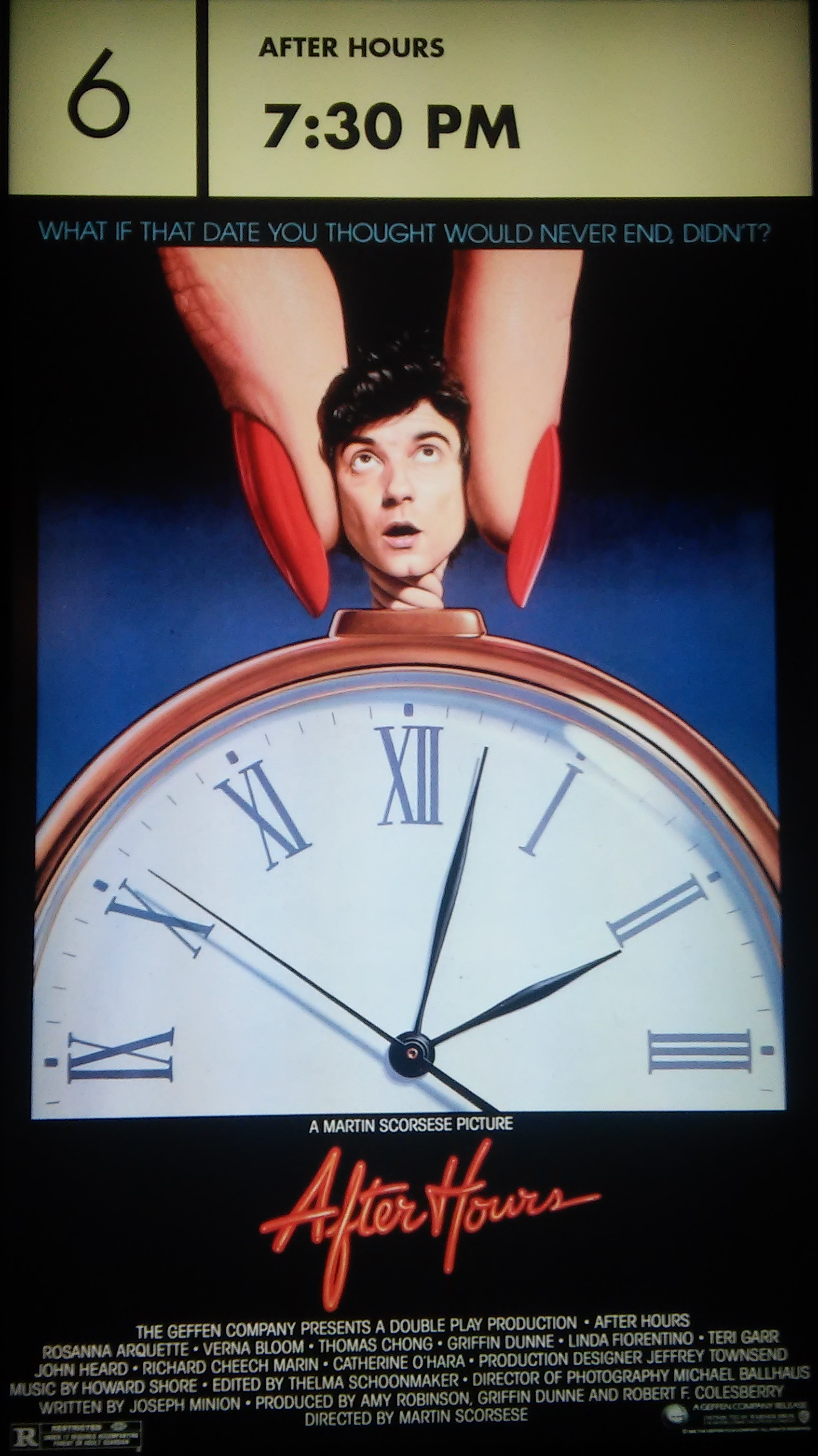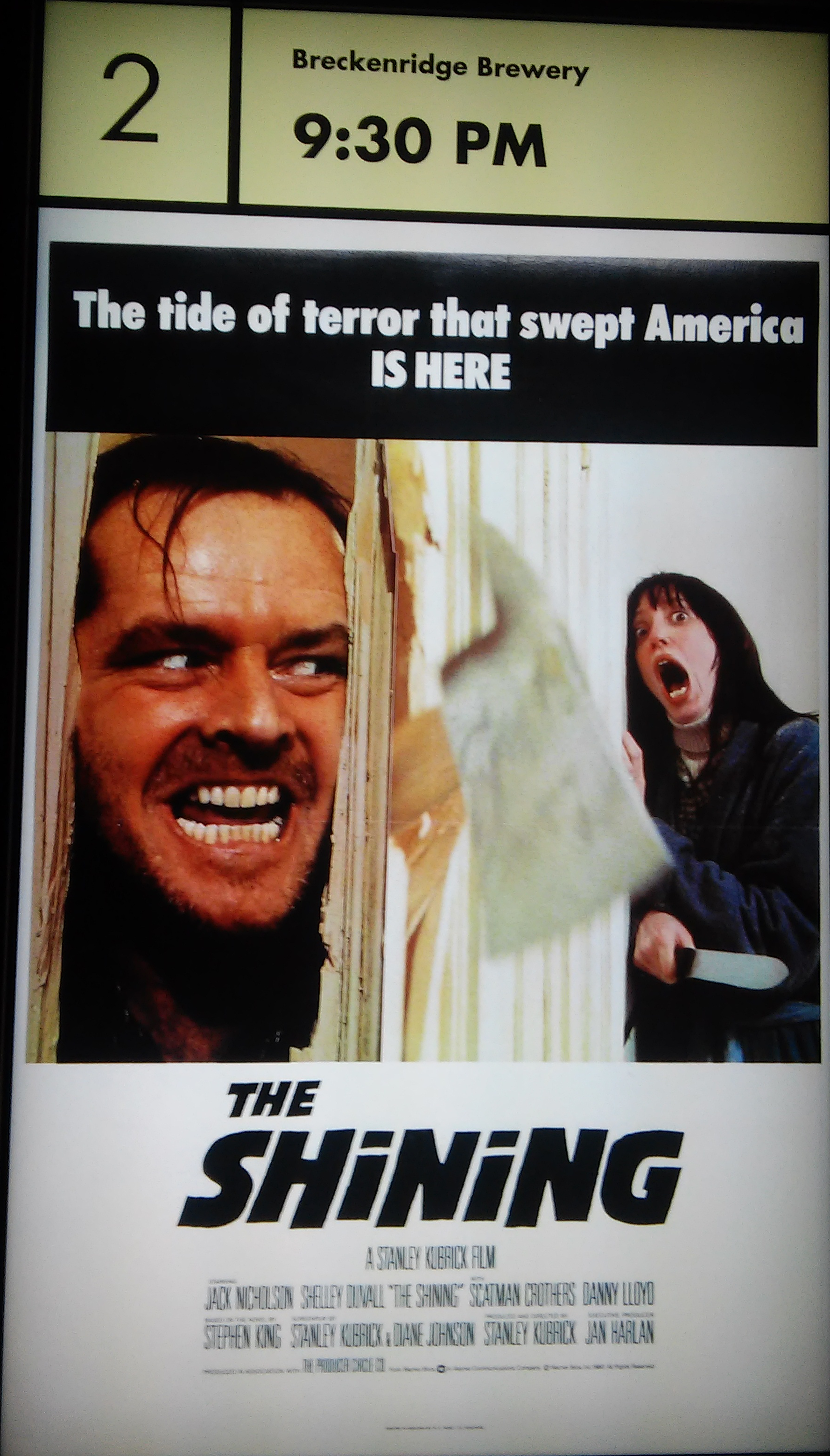Directed by Amy Scott
Interviewees: Allison Anders, Judd Apatow, Rosanna Arquette, Beau Bridges, Jeff Bridges, Lisa Cholodenko, Caleb Deschanel, Pablo Ferro, Jane Fonda, Louis Gossett Jr., Lee Grant, Grif Griffis, Norman Jewison, Robert C. Jones, Adam McKay, Charles Mulvehill, Alexander Payne, David O. Russell, Cat Stevens, Robert Towne, Jon Voight, Haskell Wexler, Jeff Wexler, and Ben Foster as the voice of Hal Ashby
Soundtrack: Heather McIntosh
Most people know the influential American directors of the Seventies: Spielberg, Coppola, Lumet, Lucas, Friedkin, Altman, Kubrick, Scorsese, even Brian De Palma is finally getting some due, but Hal Ashby tends to get overlooked; and, to be sure, his films don’t necessarily have the same level of name recognition as the others, but, make no mistake, the filmmakers of today know his work.
I wasn’t a total newbie to Ashby, the old dope-smoking, music-loving beatnik-turned-master auteur, before seeing this documentary. I’d seen a couple of his directorial efforts (The Last Detail and Being There) in my lifetime; and I’d seen a couple of his editorial collaborations with Norman Jewison (The Russians Are Coming! The Russians Are Coming! and In The Heat of the Night, which he won the Best Editing Oscar for), but it’s fair to say I was relatively unfamiliar with the man himself.
He was born to humble means in Ogden, Utah (though never a Mormon), made his way to Hollywood, and worked on films for William Wyler and George Stevens (among others) before meeting Norman Jewison, who essentially gave him a promotion to editor in the late-Sixties before finally striking out on his own as a full-fledged director.
As a documentary, I found Hal entertaining, it’s definitely much more slickly made than others in the genre, but at the same time I was expecting more content. To put it another way, I’m not sure it goes much deeper than its trailer (which is also basically the introduction to the film). It’s still a fun ride, and certainly a good primer for the uninitiated, and I don’t want to downplay the labor of love aspect, but, I struggle to give it a theatrical recommendation.
Rating: ★★★½ (out of five)
Original Release Date: February 15, 1978
Directed by Hal Ashby
Written by Waldo Salt and Robert C. Jones (screenplay), Nancy Dowd (story)
Cast: Jane Fonda, Jon Voight, Bruce Dern, Penelope Milford, Robert Carradine, Robert Ginty, Mary Gregory, Kathleen Miller, Beeson Carroll, Willie Tyler, Lou Carello, Charles Cyphers, Olivia Cole, Tresa Hughes, Bruce French, Jonathan Banks, Marc McClure
I know Coming Home got a whole bunch of awards season love at the time, and it’s a fine film, and I’m not even mad about its politics (after all, I love All Quiet on the Western Front), but, forty years on, it seems clear that much of the love was politically motivated (it’s not even the best Hal Ashby movie I’ve seen), which is nothing new, it still happens, and that’s all I’ll say about that.
It’s a heavy film, to be sure, and (something I feel like I’ve been saying a lot lately) on the whole it might be more interesting than good, but it’s worth a watch if only for the strong performances (especially Jon Voight) and unconventional use of music. We’ve become accustomed to “needle-drop” movies that use portions of songs, usually cutting in time to the music, but Coming Home utilizes licensed songs more like John Carpenter uses his score, like “wallpaper”. I honestly can’t think of another movie that does this and it made for quite the unique experience.
Still, there’s something missing that I can’t quite put my finger on. Perhaps it’s because the story and characterization are over-simplistic in places, and, personally, I wish the movie established itself more as the period piece it is, but, ultimately, it does get its message across, and there’s something to be said for that.
Rating: ★★★½ (out of five)




